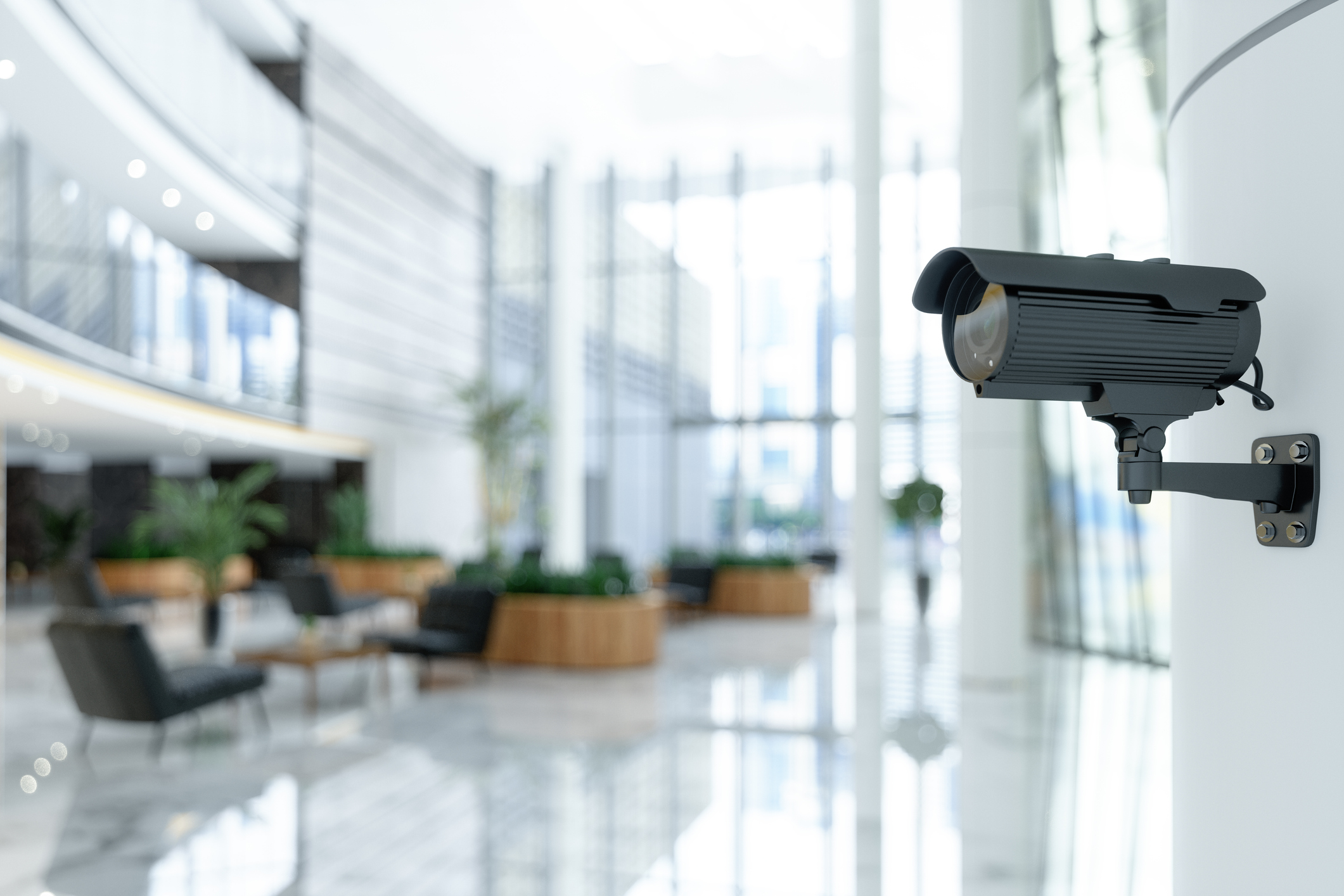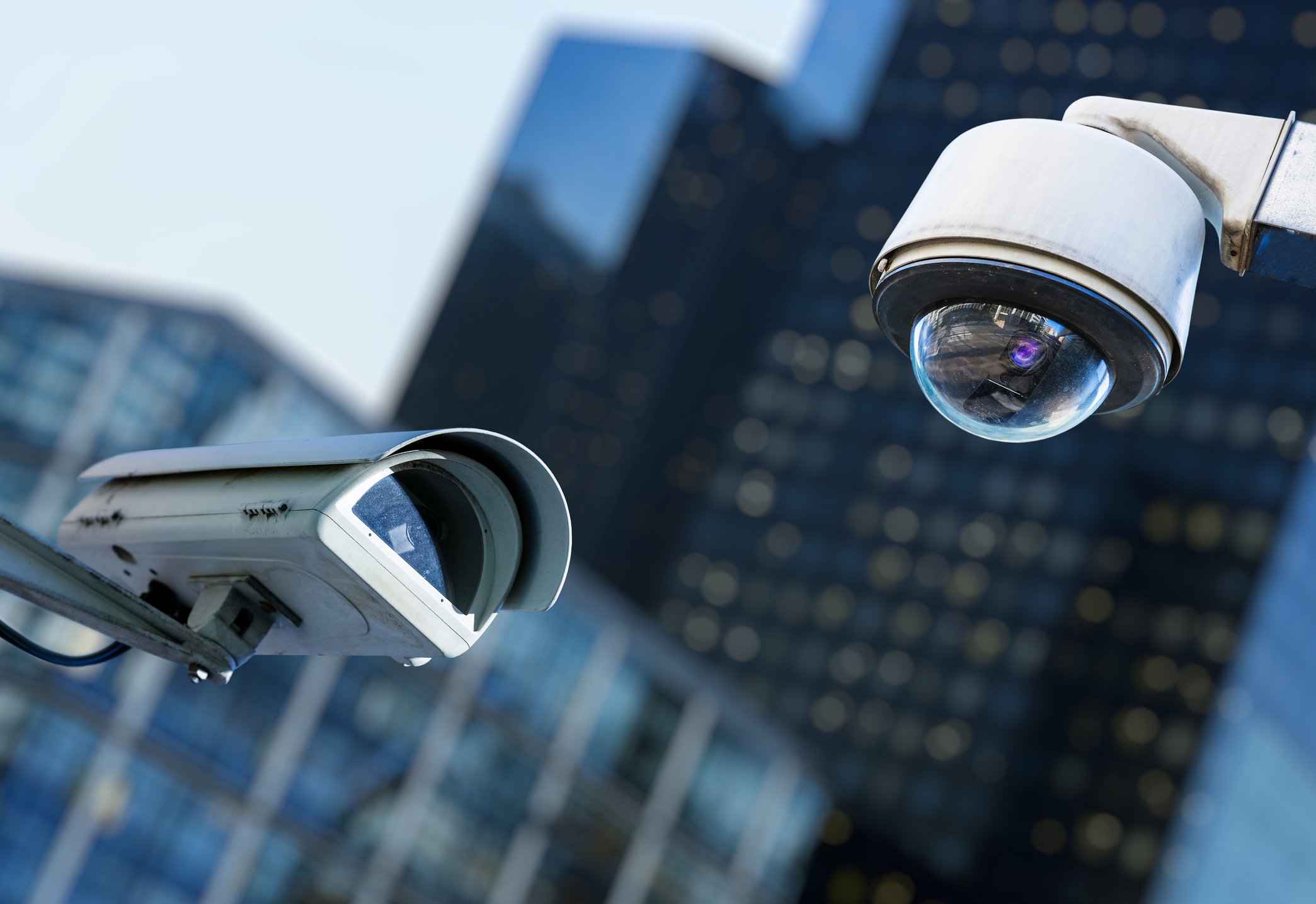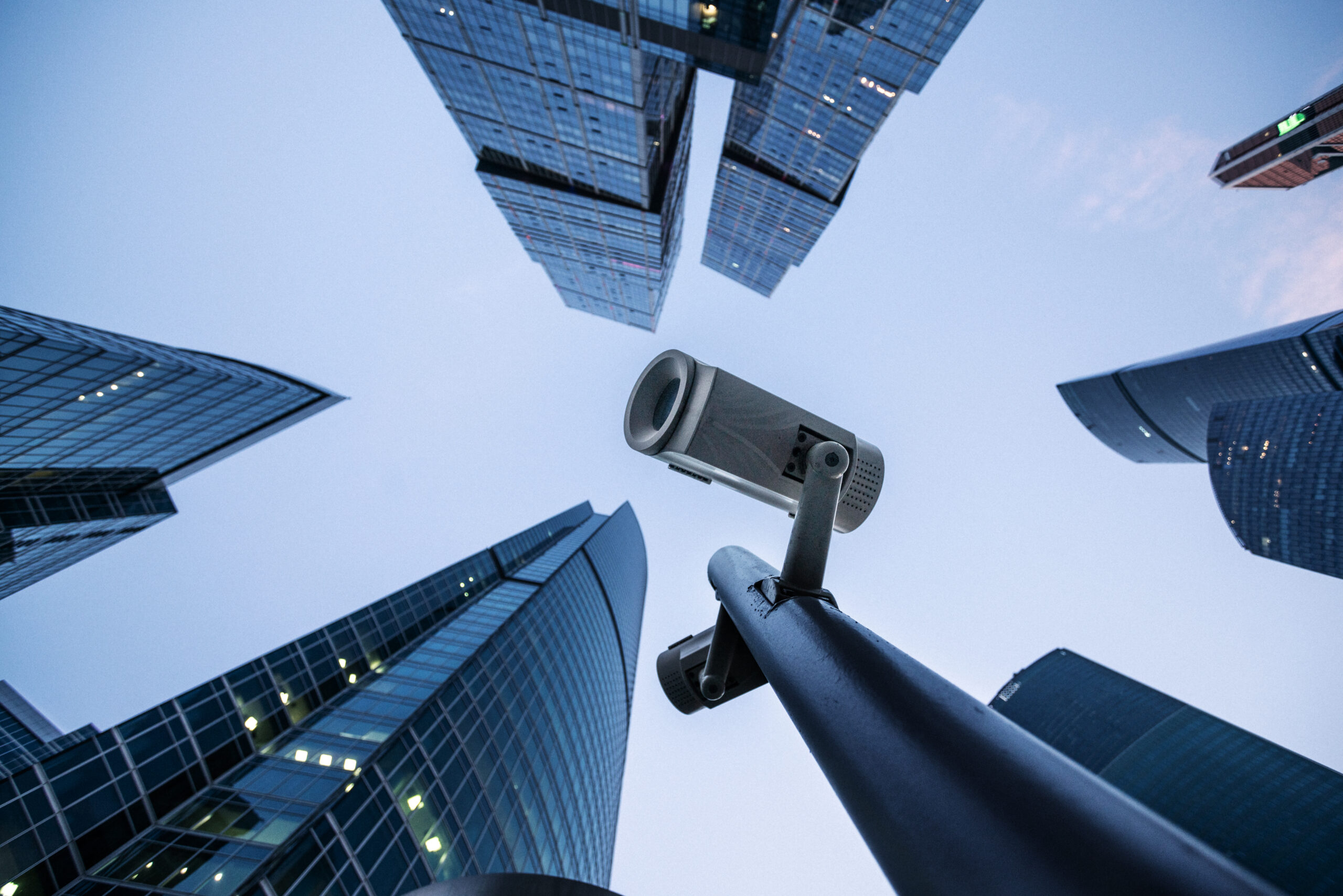
How Long is CCTV Footage Kept in the UK?
Legal Framework Governing CCTV Footage
The retention and handling of CCTV footage in the UK are primarily governed by the Data Protection Act 2018 and the UK General Data Protection Regulation (UK GDPR). These laws ensure that CCTV operations are conducted within a legal structure that respects privacy and protects data. The Information Commissioner’s Office (ICO) is the key regulator for CCTV practices, providing guidelines to operators and ensuring that data protection principles are upheld. Under these regulations, CCTV footage must be handled in a way that is lawful, transparent, and justifiable, which includes limiting how long the footage is retained.
Standard Retention Periods
According to ICO guidelines, there is no prescribed statutory period for retaining CCTV footage, but it’s generally recommended to keep it no longer than 31 days by SSAIB. This period allows sufficient time for any incidents captured on video to be addressed. However, the retention period can vary based on a risk assessment outcome and specific needs, such as ongoing investigations or incidents. Factors influencing the retention duration include the sensitivity of the recorded environment, potential threats, and the volume of footfall in the area.
Sector-Specific Requirements
Different sectors may have specific needs that necessitate variations in CCTV retention times. So, depending on where you work, the guidelines around retaining CCTV footage may be different. For instance:
- Retail: Stores may keep footage for longer to address frequent shoplifting or fraud incidents.
- Education: Schools and colleges might retain footage for a full term to cover any incidents involving students that might surface later.
- Healthcare: Hospitals often require longer retention periods due to the high-risk environment and the potential for investigating incidents concerning patient care.
- Public Transport: Operators in this sector may retain footage for extended periods due to the volume of passengers and the range of incidents that can occur.
Each sector must balance its operational requirements with the principles of data protection and privacy.
Managing and Storing CCTV Footage
Securing CCTV footage is paramount to prevent unauthorised access and data breaches. Operators should employ robust storage solutions, whether cloud-based or local, to protect the integrity and confidentiality of the footage. Local storage can be more secure physically, but cloud storage offers scalability and ease of access, which can be beneficial for operators managing large volumes of data. Regular backups and strict access controls are essential components of a sound data management strategy.
Access and Privacy Concerns
The UK GDPR grants individuals the right to access personal data collected about them, including CCTV footage. If someone believes they have been filmed by a CCTV system, they can request access to this footage. Operators must provide this data within one month of the request, subject to certain conditions and exemptions, particularly if releasing the footage would compromise the privacy of others captured in the video. This right reinforces the need for CCTV operators to maintain a clear and compliant handling procedure that respects individual privacy rights.
Disposal of CCTV Footage
Once the retention period has expired, CCTV footage must be disposed of securely to prevent any potential misuse of personal data. Methods such as overwriting, degaussing, or physical destruction of storage media are recommended to ensure that the data cannot be recovered. Failure to properly dispose of CCTV footage can lead to significant legal consequences under UK data protection laws.
Compliance Checklist for CCTV Operators
To remain compliant with UK data protection laws, CCTV operators should regularly review and update their practices to ensure they align with the latest legislation. To make sure you’re handling CCTV footage correctly, take a look at this compliance checklist:
- Perform Audits: Conducting regular audits of CCTV systems to ensure operational and legal compliance.
- Footage Logs: Keeping a detailed log of footage access and disposal to track compliance.
- Safe Storage: Reviewing storage and retention policies regularly to adapt to any changes in legal requirements or operational needs.
Adhering to these practices ensures legal compliance while also fostering trust with the public by demonstrating a commitment to protecting individual privacy and data security.



